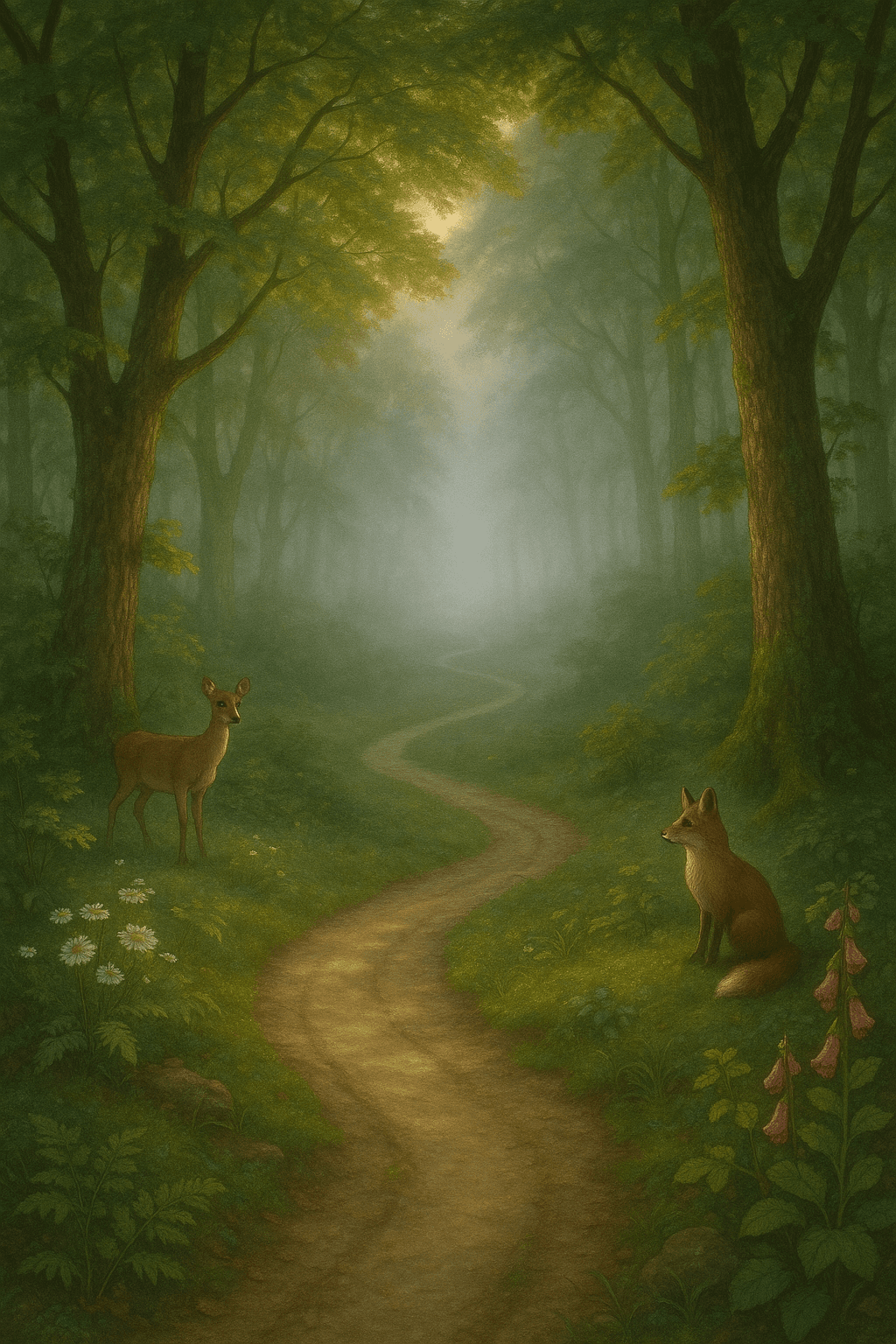Embracing Uncertainty as a Catalyst for Growth
Created at: August 7, 2025

To move forward, you must first be willing to lose your way. — Aleksandar Hemon
The Necessity of Getting Lost
Aleksandar Hemon’s quote challenges our instinct for certainty by asserting that progress requires first losing our way. This notion suggests that before we can achieve meaningful discovery or transformation, we must step outside the comfort of well-trodden paths. Getting lost, in this context, becomes a necessary prelude to forward movement, echoing the sentiment that comfort rarely breeds innovation.
Historical Roots in Exploration and Discovery
History provides abundant evidence for this concept. Explorers such as Christopher Columbus and Ernest Shackleton faced profound uncertainty and literal disorientation in their quests. Columbus’s accidental arrival in the Americas, rather than his intended Asia, led to world-altering discoveries. Such historical anecdotes underscore how losing one’s way has often precipitated unexpected and significant progress.
The Role of Uncertainty in Personal Development
Translating from the grand scale of history to personal experience, moments of confusion, doubt, or displacement often act as catalysts for growth. Psychologist Carl Jung wrote extensively about the value of ‘the shadow’ and confronting chaos within; only by traversing periods of not knowing, he argued, can individuals emerge with deeper self-awareness. Uncertainty, therefore, is not just an obstacle, but a teacher guiding us to our next evolution.
The Creative Process and Productive Disorientation
Artists and writers—Hemon himself among them—regularly credit breakthroughs to phases of uncertainty. When novelists lose track of their intended narrative or painters stray from original sketches, they often stumble upon ideas more profound than their initial conception. In literature, James Joyce’s ‘stream of consciousness’ style arose from deliberate abandonment of linear storytelling, resulting in works that redefined modern narrative.
Learning to Welcome the Unknown
Ultimately, the willingness to lose one’s way cultivates adaptability and resilience. Whether in work, relationships, or creative pursuits, embracing disorientation allows us to respond fluidly to change. Educational theorists like John Dewey championed experiential learning precisely for this reason: real understanding emerges not from rote adherence to a plan, but from grappling with the unfamiliar. In moving forward, we find that the act of getting lost is not a hindrance but a hidden path to growth.